
1082 students
SECONDARY
![]()
Previous PhiloDays
PhiloDay 2023-2024
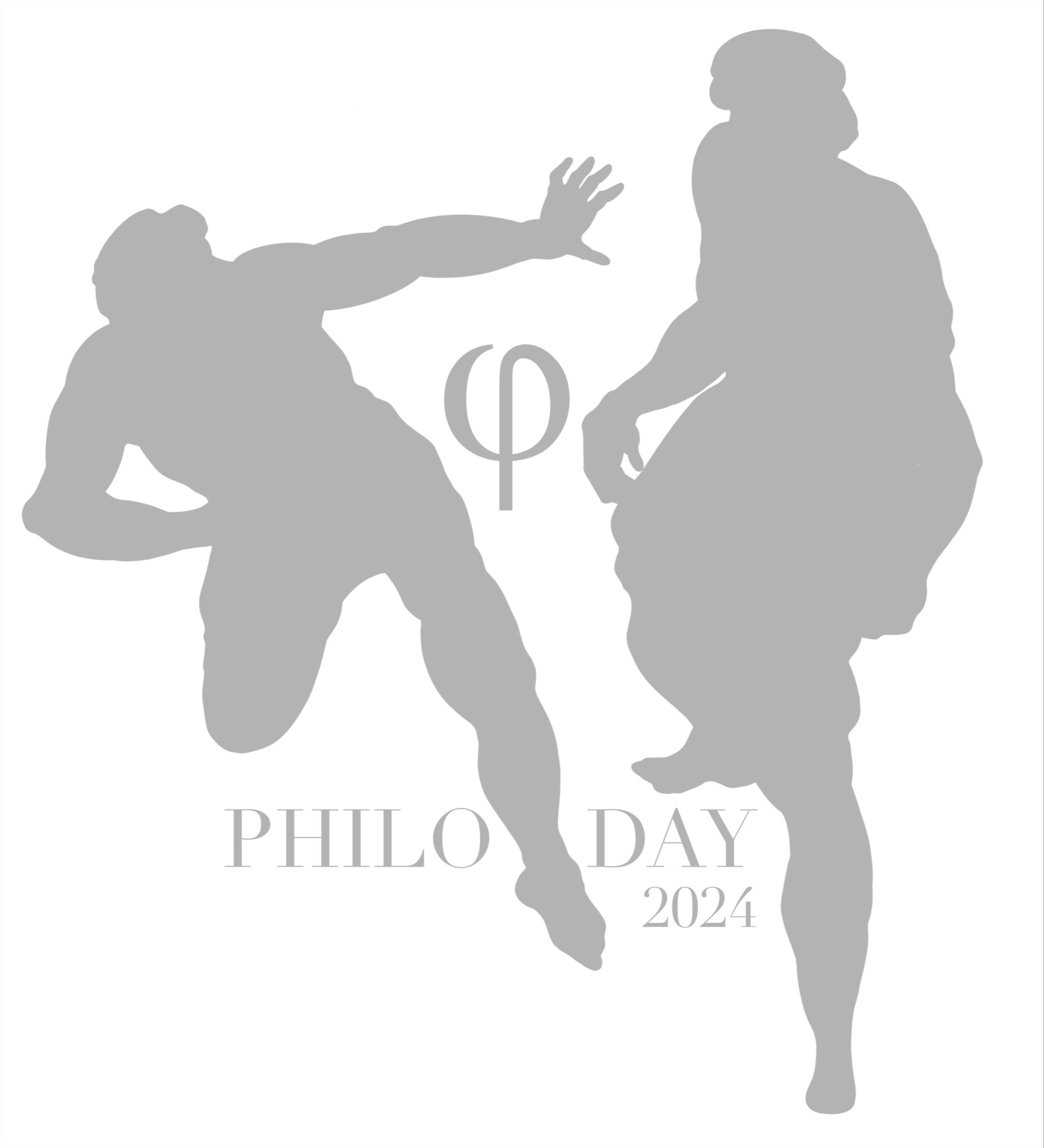
In 2023-2024, PhiloDay took place on 29 February and 1st March. This year’s theme was CONFLICT AND DIVERSITY.
PhiloDay 2022-2023
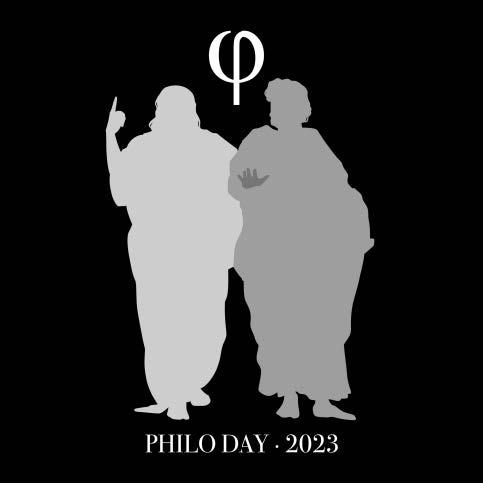
In 2023-2024, PhiloDay took place on 9 and 10 February. This year’s theme was THINKING AND DWELLING.
Prof. David LE BRETON
University of Strasbourg, Institut universitaire de France, Laboratoire Dynamiques européennes
Habiter sensoriellement la ville
Prof. Angelos MOUZAKITIS
University of Crete
Dweling, thinking, being: Heidegger/Levinas
Prof. Matthew PYE
EEB2, Climate Academy
The Surprising Ecologist – Karl Marx
Prof. Philippe VAN PARIJS
KU Leuven, UC Louvain, Basic Income Earth Network
Penser et agir pour rendre la Terre durablement habitable par toutes et tous
Thursday 9 February
- 08h30 – 09h30: Opening ceremony
- 09h55 – 10h40: EDI (preliminary round)
- 11h00 – 12h:30: General Assembly I
- 12h30 – 13h30: Lunch break
- 13h45 – 14h30: Workshop I
- 15h00 – 16h00: Workshop II
Friday 10 February
- 09h05 – 09h50: EDI (Finals)
- 09h55 – 10h40:Workshops III
- 11h00 – 12h30: General Assembly II
- 12h30 – 13h15: Lunch break
- 13h30 – 14h30: General Assembly III
- 15h05 – 15h55: Awarding and closing ceremony
The Philosophy Commission question was: Is the environment we find ourselves in a constraint on human thought?
PhiloDay 2021-2022
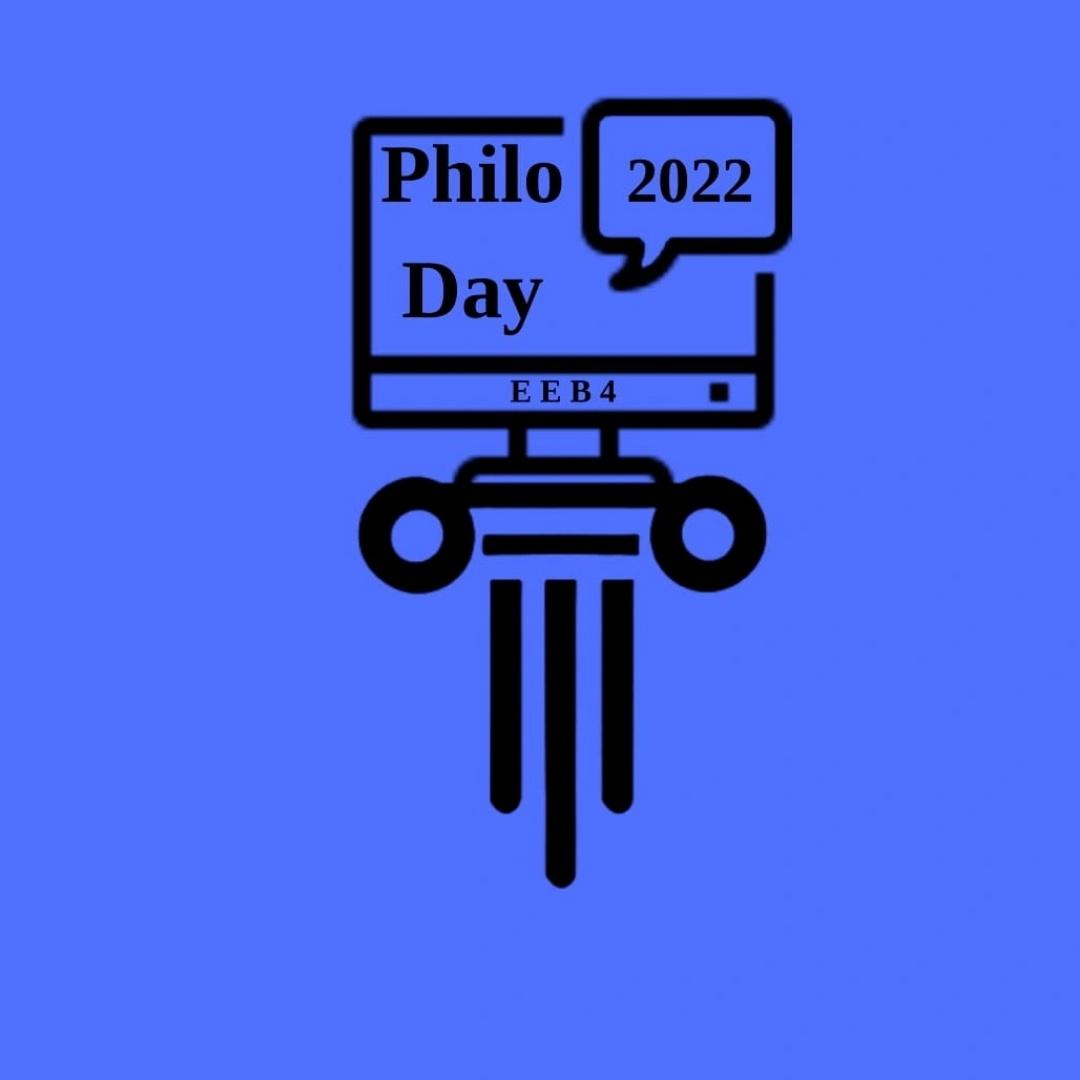
In 2021-2022, PhiloDay took place on 16th and 17th March. This year’s theme was HYBRIDITY.
Speakers
Mr Bernard Andrieu
Comment notre corps devient hybride ?
Le Professeur Bernard Andrieu a soutenu sa thèse sur le thème de la neurophilosophie sous la direction de Dominique Lecourt.
Tout en menant un travail de recherche incessant, il a enseigné aux Universités de Bordeaux et de Nancy. Il enseigne actuellement l’épistémologie du corps et des pratiques corporelles à l’Université Paris Descartes. Son parcours académique et ses travaux de recherche constituent depuis de nombreuses années une véritable philosophie du corps.
Comme le suggèrent de nombreux titres de ses publications, travaux de recherche et ouvrages, l’interrogation des pratiques corporelles et du rapport corps humain – société est au cœur de son questionnement – aussi à travers la collaboration avec d’autres chercheurs et professeurs – citons les Professeurs David Le Breton, Serge Tisseron.
Il dirige les collections Épistémologie du corps aux Presses universitaires de Nancy et Mouvements des savoirs chez L’Harmattan et co-dirige la revue interdisciplinaire Corps (éd. CNRS). Parmi ses nombreux ouvrages, en lien avec le thème de l’hybridité, on citera Sentir son corps vivant: Emersiologie I (Ed. Vrin, 2016), Les avatars du corps : une hybridation somatechnique (Ed. Liber, 2011), Dictionnaire du corps (avec G. Böetsch, Ed. CNRS, 2008).
Ms Ruth Hagengruber
Women Philosophers and Hybridity
Prof. Ruth Hagengruber is currently the Head of Philosophy at the University of Paderborn. Her specializations include the philosophy of economics and information science, the history of women philosophers, and in particular the 18th century philosopher and mathematician Émilie Du Châtelet. She is, moreover, the founder and director of the Center for the History of Women Philosophers and Scientists. She also founded the Libori Summer School, which is dedicated to the teaching of the works of women philosophers and scientists, as well as the Encyclopedia of Concise Concepts by Women Philosophers, an online resource for which she functions as editor-in-chief with Prof. Mary Ellen Waithe. In 2006, Prof. Hagengruber created EcoTechGender, a research and teaching area that sees the economics, technology, and gender as factors for the future and which explores the relationships between them. Her most recent scholarly and editing works concern among many other topics, women philosophers and scientists in the early modern period, the thinking of Émilie Du Châtelet, and an ecofeminist standpoint of economic growth.
Mr Roland Breeur
Hybridity and French Philosophy
Prof. Roland Breeur teaches modern and contemporary philosophy at the Higher Institute of Philosophy at the KU Leuven, where he is also a part of the Husserl Archives. He wrote his dissertation on Marcel Proust. While he has published on contemporary thinkers such as Merleau-Ponty, Sartre, and Bergson, his research also investigated the bases of French Modernity as could be discovered in the writings of thinkers ranging from Descartes to Malebranche. He has also published extensively on phenomenological themes like consciousness, temporality, embodiment, and subjectivity. Among his most recent publications is a book entitled Lies – Imposture – Stupidity (a review of which can be found here), which offers a survey of liars big and small and a nuanced and sustained reflection on the search for truth.
Mr Jean-Noel Missa
Mutations de l’humain, naturalisation de l’artificiel
Le Professeur Jean-Noël Missa enseigne l’histoire et la philosophie des sciences biomédicales à l’Université libre de Bruxelles (ULB). Il est aussi Directeur de Recherches au Fonds National belge de la Recherche Scientifique (FNRS). Il est également co-directeur du Centre de Recherches Interdisciplinaires en bioéthique (CRIB) et membre du Comité Consultatif de Bioéthique de Belgique. Membre de l’Académie Royale des Sciences, des Lettres et des Beaux-Arts de Belgique (Classe « Technologie et Société »), il s’est engagé depuis de nombreuses années dans une démarche de vulgarisation de son domaine de recherche à un public plus large, sensible aux enjeux éthiques et de société.
Docteur en médecine et docteur en philosophie, ses recherches portent sur la philosophie des sciences biomédicales (en particulier, dans le domaine des neurosciences et de la psychiatrie biologique) et sur la bioéthique. Son essai intitulé L’esprit-cerveau – La philosophie de l’esprit à la lumière des neurosciences (Ed.Vrin, 1993) ouvre une voie majeure en matière de réflexion et d’interaction entre le champ des théories philosophiques et celui des recherches en neurosciences. Ses travaux récents portent sur les techniques biomédicales d’amélioration des performances de l’organisme humain (longévité, capacités physiques et cognitives).
Il a publié une cinquantaine d’articles scientifiques (en français et en anglais) ainsi que plusieurs ouvrages relatifs à l’histoire, l’éthique et la philosophie des sciences biomédicales. Parmi ceux-ci on citera : Enhancement : aspects éthiques et philosophiques de la médecine d’amélioration (avec Laurence Perbal, Ed. Vrin, 2009), Philosophie du dopage (coéditeur avec Pascal Nouvel, Ed. PUF, 2011), Encyclopédie du transhumanisme et du posthumanisme (Ed. Vrin, 2015).
The Philosophy Commission question was: Are hybrid identities desirable and/or inevitable?
PhiloDay 2020-2021
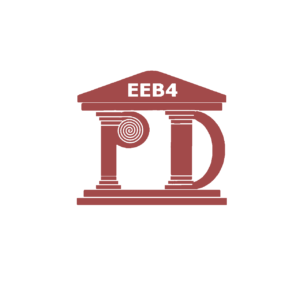
The second edition of PhiloDay took place on March 3rd and 4th, 2021. This year’s theme was CHANGE.
The Philosophy Commission question was: What should be the basis of societal change?
PhiloDay 2019-2020
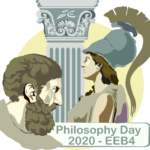
The first edition took place on Wednesday, February 19th, 2020. The aim of the day was to create a space for dialogue and exploration of philosophy among professors of the academic world (Université Saint-Louis, UCLouvain, ULB, ULiège, KU Leuven), researchers and pupils of the European Schools (ES Brussels, Bergen, Mol, Varese).
Two introductory sessions – in French and English – were held simultaneously, allowing more people to take part. They were followed by 30 workshops. They day ended with the Ethical Dilemma Impromptu.
(Re)discover the programme of the first edition:


